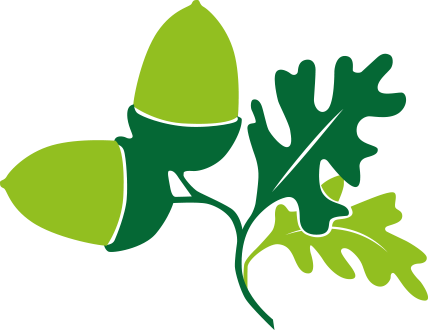Geography
Geography Curriculum
Intent, Implementation and Impact

"Everyone to Excel through Pride and Ambition"
Intent
At Montem Academy, our intention in Geography is to convey a greater understanding and knowledge of the world through reading age-appropriate texts that stimulate children’s inquisitiveness and fascination.
Our Geography curriculum is progressive throughout the whole school and covers the knowledge and skills stated in the National Curriculum. The geographical skills and knowledge acquired will equip the children for the future.
Through our high-quality teaching we will develop the following skills and knowledge.
- A secure knowledge of the places in Britain and the wider world
- An extensive base of geographical knowledge and vocabulary
- The ability to ask and answer geographical questions
- Draw conclusion and explain their findings
- Use a range of resources to gather information.
Implementation
At Montem Academy, Geography is taught in the second half of each term. Pupils participate in 2 hours of geography per week. One lesson per week will focus on reading and research, whilst the second lesson will focus on the application of skills and knowledge. Pupils are taught knowledge through high quality texts and field trips and visits, whilst developing their key skills such as: map reading, interpreting data, comparing, locating and scale.
The areas of study are based on whole school themes. In the Autumn Term, pupils explore ’The Local Environment and Weather.’ In the Spring Term, the pupils explore ‘Landmarks and physical features’ and in the Summer Term pupils explore ‘Natural Disasters’. These themes are then explored during literacy lessons; both reading and writing.
In Key Stage 1
Pupils are taught:
- Have a simple locational knowledge about individual places and environments, especially in the local area, but also in the UK and wider world.
- Show understanding by describing the places and features they study using simple geographical vocabulary, identifying some similarities and differences and simple patterns in the environment
- Pupils are able to investigate places and environments by asking and answering questions, making observations and using sources such as simple maps, atlases, globes, images and aerial photos
In Key Stage 2
Pupils are taught:
- Have a more detailed and extensive framework of knowledge of the world, including globally significant physical and human features and places in the news
- Understand in some detail what a number of places are like, how and why they are similar and different and how and why they are changing. Pupils know about some spatial patterns in physical and human geography, the conditions which influence those patterns, and the processes which lead to change. They show some understanding of the links between places, people and the environment.
- Pupils are able to carry out investigations using a range of geographical questions, skills and sources of information, including a variety of maps, graphs and images. They can express and explain their own opinions, and recognise why others may have different points of view.
Impact
Our Geography Curriculum is age appropriate, well-thought-out and is planned to demonstrate progression across the three main areas-: ‘World Knowledge’, ‘Understanding’, and ‘Geographical Enquiry’.
These main areas are broken down into age-related expectations for each milestone: Year 1 and 2, Years 3 and 4, Years 5 and 6. Pupils are assessed these expectations each term.
In addition, through reading age appropriate selected texts, our children are exposed to the geographical knowledge that they will need prior to completing investigations and field trips.
Finally, children are able to demonstrate their knowledge through the following methods:
- Low stake quizzes
- Pupil discussion
- Evidence in pupil books
- Assessment against planned learning outcomes.
Geography in Action
|
|
|
|



